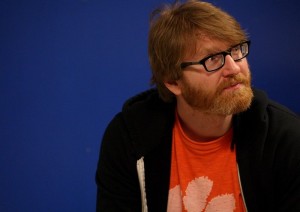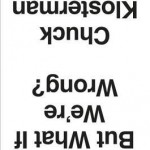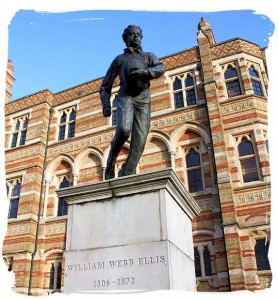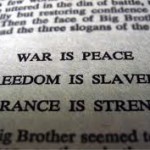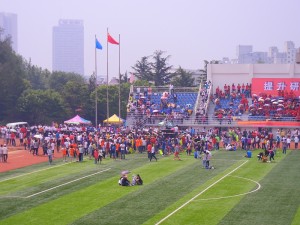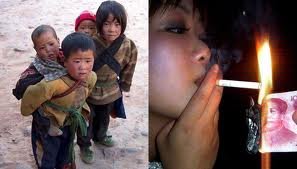[5-minute read.]
Some of my readers are family, but most of you won’t know who I’m talking about at all. You may think, Why should I read this? These people mean nothing to me. But I think they will. I suspect that you know gents kinda like these. Listen: they were good men. (One still is.)
The end of July is reflection time – yeah hey, another one! Rumination. Ponderables. Wonderings and wandering attention, the occasional WHY and a whole posse of what-ifs. As July finishes baking, three sweet’n’sour birthdays follow one another, three days for three men that raised and sandpapered and marinated and confused and strengthened me. Do you know these guys, or men like ’em?
Today, my big brother is 6264. (Yikes! Nice math, Einstein!) We have the usual, the far-too-standard fraternal bond. We love the other guy but never mention it, unless you count the kind of merciless-but-never-toxic teasing that comes with confidence and a certain deep kind of knowing. We would do anything the other one asked, though we know he probably won’t request anything beyond a bed to sleep in or a pool table to move. We rarely call each other, and when we do there’s always a practical reason; we don’t write much, but are surprised at what a brother might say in an email and how good it feels to read it. Despite the obvious facts that we both love sport and are often more willing to explain things than some around us might prefer, I’ve always dwelt on noticing how different we are. I find myself chronically restless, incurably dissatisfied, and find Bill, my father’s namesake, eerily content. (I don’t believe in it, to be honest, but as the decades pile up, so does the evidence of his satisfaction. The guy seems to know what he likes and like what he knows! At a fundamental level, this strikes me as amazing. I can’t quite grasp it.) He’s a business man, good and smart with money, while I eagerly avoid thinking about cash and have most enjoyed work that mysteriously put monthly sums in my bank — or didn’t pay me at all. My brother signs cheques and legal documents with a painstaking, patient cursive signature where each letter is roundly formed. I practised a snazzy, jazzy penmanship designed to look good on the first page of the books I’ve never published and the autographs nobody asks for.
The longer I interact with the lying mirrors in my life, though, or actually listen to my own spoken rhythms, the more I’m forced to admit that we look and sound a lot alike. I still listen to music that he had fairly brief adolescent enthusiasms for, and well into adulthood have feverishly played (and later coached) sports that he taught me to play. I continue to dream of baseball; I presume he was my first pitcher and catch-and-throw partner, but it predates my conscious memory. (I do, however, bat from the opposite side of the plate than he did.) It was because of playing road hockey with him that I became a goaltender on ice. I had to learn not to lean to the right in shooting my first basketballs, once I’d gotten tired of being a slapshot target, because that’s the way he did it. Ask me to punt a football, and I’ll be inclined to slip off my shoe, since Bill hit his high boomers off a bare instep and I learned that way, too. Though I hit a golf ball only very rarely (and that from the goofy side of the tee), while Bill is an avid golfer, I have to admit that we’re more similar than I used to think. I’ve spent a lot of time searching for brothers in my life. I think we all need brothers, and I’m glad, and still mighty curious, about the one that I was given. (Hello there!)
July 28, yesterday, marked the birth day of another guy who formed me.
Continue Reading >>
 Some people don’t follow directions very well. He wanted to do it right, he really did, he always wanted to do the right thing but he had gotten a little confused that day.
Some people don’t follow directions very well. He wanted to do it right, he really did, he always wanted to do the right thing but he had gotten a little confused that day.
